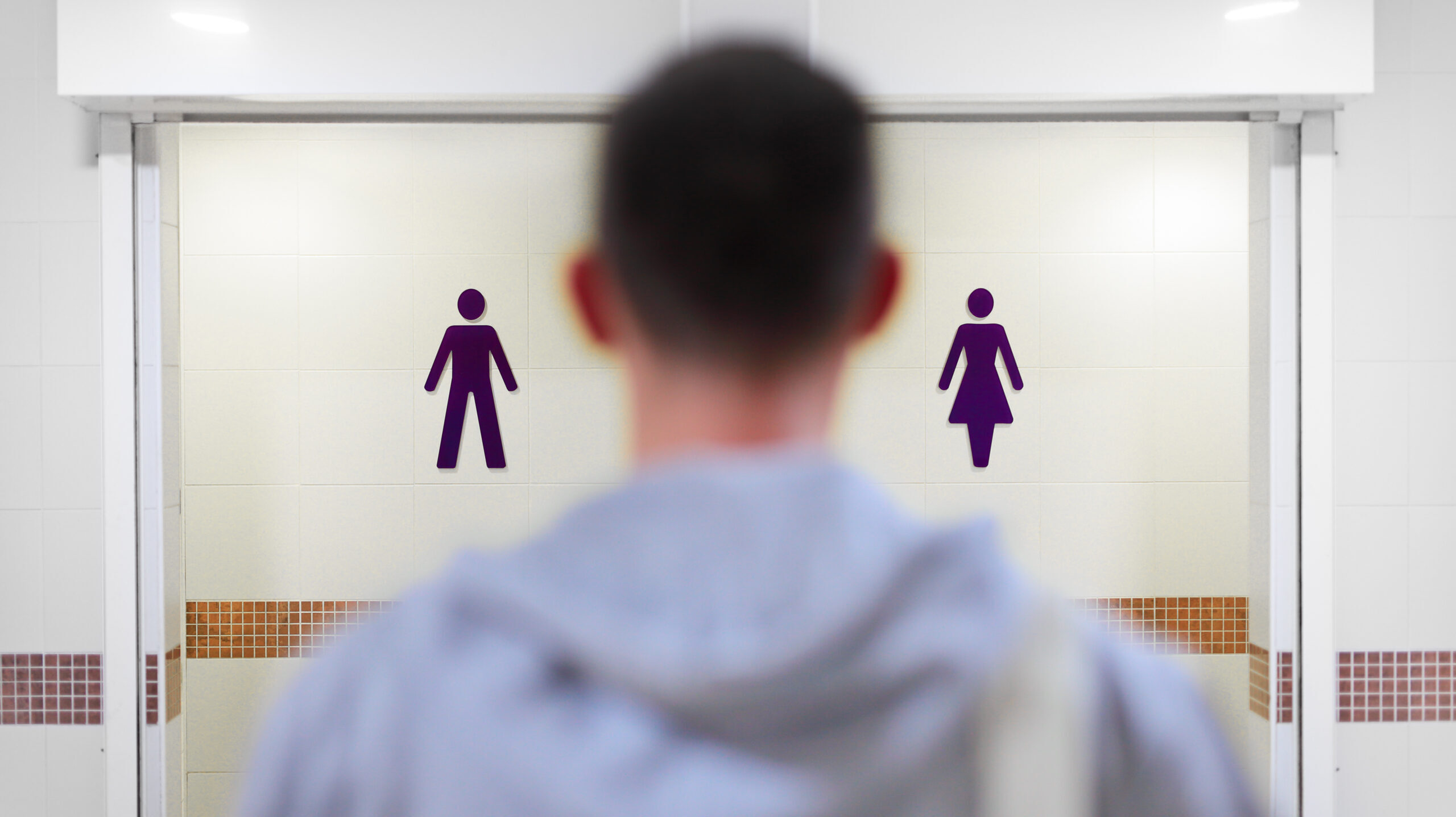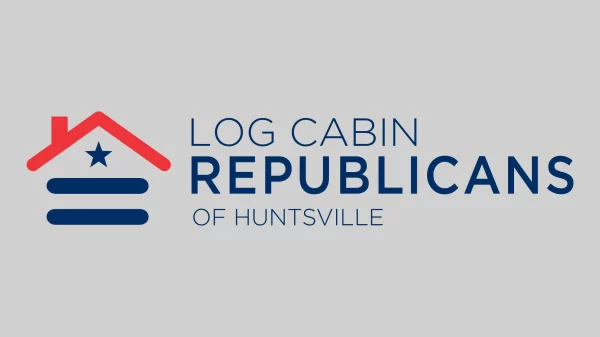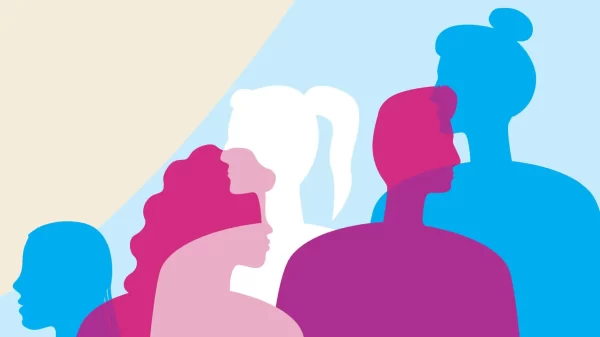|
Getting your Trinity Audio player ready...
|
In a move that feels as regressive as it is disheartening, Alabama has recently passed a bill that not only places unnecessary and harmful restrictions on Diversity, Equity, and Inclusion programs in colleges but also introduces a so-called “bathroom bill.”
This legislation prohibits individuals from using restrooms that do not correspond with their biological sex assigned at birth, explicitly targeting the transgender and non-binary communities. This law, now in effect, is a glaring marker of regression, poised to inflict lasting harm on countless individuals.
The implications of this legislation extend far beyond the immediate discomfort and indignity of being forced to use a restroom that does not align with one’s gender identity. These “bathroom bills” place transgender and non-binary people directly in harm’s way, exposing them to increased risks of harassment, bullying, and even physical assault.
This isn’t speculative; it’s a well-documented reality that these individuals face in jurisdictions that have imposed such draconian measures.
The justification for such laws often crumbles under the slightest scrutiny. Proponents argue that these measures are necessary for the protection of privacy and safety, citing unfounded fears of predatory behavior. Yet, these claims are not only baseless but dangerously misleading, fostering misinformation and perpetuating stigma against transgender people. There is no evidence to suggest that allowing transgender individuals to use restrooms aligning with their gender identity poses any risk to public safety.
In fact, it is the transgender individuals themselves who are put at risk by these policies.
The enforcement of such laws opens a Pandora’s box of privacy violations. The invasive nature of verifying an individual’s “biological sex” is not only dehumanizing but practically unfeasible. It begs the question: who decides, and on what grounds, whether someone is “male” or “female”? The absurdity of deploying “pee police” underscores the irrational fear and ignorance driving this legislation, rather than any genuine concern for privacy or safety.
The American Medical Association has clearly stated the detrimental impact of exclusionary bathroom policies on transgender individuals. Denying access to appropriate facilities not only endangers their physical health but also exacerbates mental health issues, contributing to higher rates of anxiety, depression, and suicide. The evidence is overwhelming that supportive, inclusive policies lead to better health outcomes and a higher quality of life for transgender and non-binary individuals.
In a study conducted by The Trevor Project, a troubling panorama unfolds, revealing the distressing realities faced by LGBTQ youth in our schools. The data is stark: over half of LGBTQ students encounter bullying, with in-person and electronic harassment prevalent. This issue is not just a matter of adolescent squabbles; it’s a critical public health concern.
The repercussions of such bullying are not confined to momentary distress. They ripple outward, exacerbating mental health crises among these young individuals, and significantly increasing the risk of suicide. This is not merely a statistic; it is a stark reminder of the urgent need for action.
Our legal framework should strive to keep pace with evolving understandings of gender and identity; however, in Alabama, it has failed. The conundrum of which bathroom a transgender person should use might seem trivial to some, but it encapsulates the broader struggle for dignity and safety faced by transgender individuals daily.
With these restrictions, a bearded transgender man will be forced to use the women’s restroom, and a transgender woman will have to use the men’s restroom. This is not a hypothetical scenario to stoke fear but a reality. These are individuals seeking to navigate a world that is often unprepared, and sometimes unwilling, to accommodate their existence.
This situation calls for more than just tolerance or passive acceptance; it demands active support and understanding. For parents, educators, lawmakers, and allies, it’s imperative to foster environments where all students, regardless of their gender identity or sexual orientation, feel safe and supported.
We must recognize that with every new freedom granted, there is a concomitant responsibility to ensure that these freedoms are upheld with dignity and respect. The well-being of our youth, and by extension our future, depends on our ability to rise to this challenge. In a world teeming with complexity and change, our humanity, our compassion, and our willingness to understand one another are the beacons that will guide us toward a more inclusive and empathetic society.
As history has shown time and again, the arc of the moral universe bends toward justice. Laws such as these, which seek to restrict the rights and dignity of any group of people, will eventually be seen for what they are: an embarrassing blemish on our collective conscience.
Inclusion, acceptance, and understanding are not just ideals to aspire to; they are necessities for a just and compassionate society. It’s high time we reject policies rooted in ignorance and fear and instead champion those that affirm the dignity and rights of all individuals, regardless of their gender identity.
And the reality is, when you’ve got to go, you’ve got to go.






















































